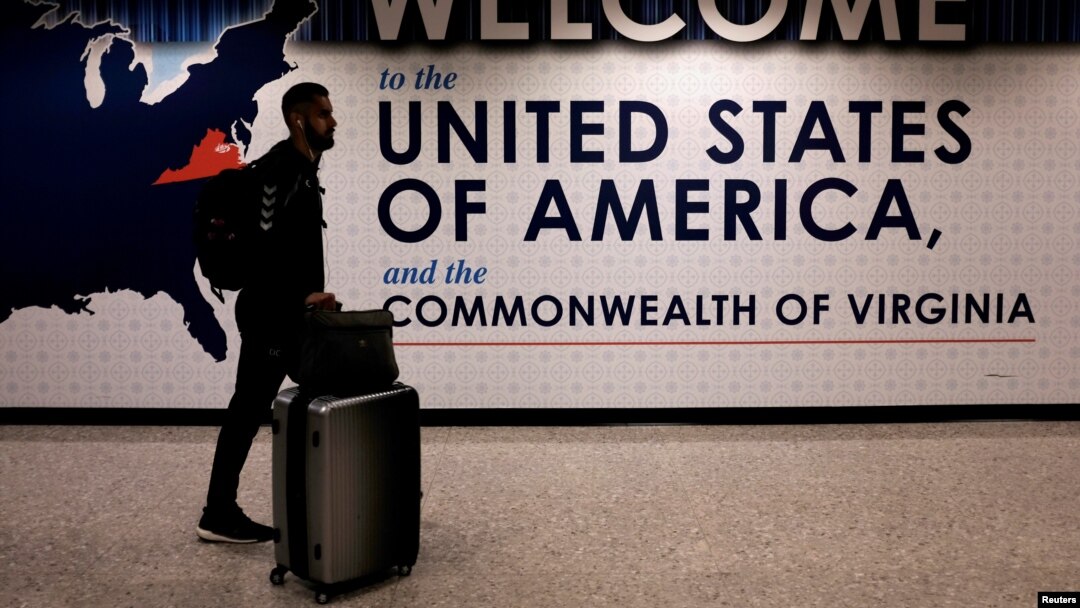The U.S. State Department is asking all nations to provide extensive data about their citizens wishing to travel to the United States, to help U.S. officials decide whether those citizens constitute a terrorist threat.
Reuters news service quoted a diplomatic cable Thursday that it says was sent a day earlier to all U.S. diplomatic posts.
Reuters says the cable is a summary of a worldwide review of vetting procedures required under President Donald Trump's March 6 executive order that briefly banned travel by citizens of six majority-Muslim nations. The order, which was defeated by a legal challenge, was meant to reduce the threat of would-be terrorists entering the United States.
The memo outlines a series of requirements for other countries to meet if their citizens are to travel to the United States. Among them are issuing, or plans to issue, electronic passports; and regularly reporting any such passports lost or stolen to the international police agency, INTERPOL.
It also asks that nations provide other identity information to the United States as requested, including biographic details, biometric information, criminal record, or any grounds to suspect the traveler of terrorism.
When questioned about the cable Thursday in a State Department news briefing, spokeswoman Heather Nauert said, "Let me get back to you on that ... a lot of that is a DHS [Department of Homeland Security] matter right now."
The Department of Homeland Security has not commented.
The cable said nations that do not provide the information requested by the United States could be considered for possible sanctions, including barring some of its citizens from entering the U.S.
The cable also asked diplomats to "underscore that while it is not our goal to impose a ban on immigration benefits, including visas, for citizens of any country, these standards are designed to mitigate risk, and failure to make progress could lead to security measures by the United States government."





